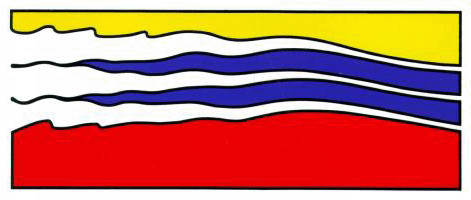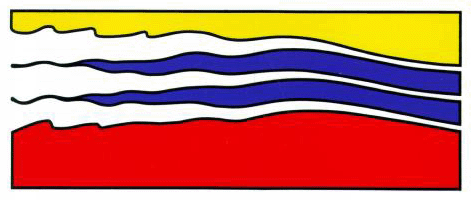
4111 Monarch Way, 3rd Floor
Old Dominion University
Norfolk, VA 23508
757-683-4940


The importance of cross-shelf transport across the coastal
shelves of Antarctica on local and remote processes has been well
documented. Models and course observations in time and space have
identified regions of enhanced cross-shelf transport of both the
offshelf movement of dense bottom water and the onshelf movement of
Modified Circumpolar Deep Water (MCDW). Since 2007, we have deployed a
fleet of underwater gliding robots to locate and map these critical
water masses at time and space scales not resolved before. In
2010-2011, we deployed multiplatform technologies across the Western
Antarctic Peninsula (WAP), Amundsen Sea, and Ross Sea including 8
gliders (six shallow and two deep) to map the movement of water masses
across the shelves. The roles of thse gliders in the science plan
included missions to: 1) identify specific water masses and high
priority regions for ship sampling, 2) map spatial extent of features
within the context of concurrent ship-board measurements to understand
ecosystem wide processes, and 3) demonstrate the long-term capability to
connect research facilities around the continent as a means to extend
data coverage in time and space. The glider data resolves the small
spatial and temporal scales of the deep water intrusions onto these
shelves. In the WAP, long duration flights linking Palmer and Rothera
stations show the concentrated pathways of UCDW onto the shelf
associated with topographic canyons cutting into the shelf. Similarly
in the Ross Sea, the flow of MCDW is seen over the western slopes of the
banks along the outershelf. The intense sampling strategy completed in
the Ross Sea system shows the significant temporal variability of this
onshelf flow regulated primarily by the local tides.
Dr. Kohut received his Ph.D. in physical oceanography from Rutgers University in 2002. His interests include circulation processes on continental shelves and the impact of these processes on linked ecosystem processes. He utilizes ocean observing technologies including satellites, high-frequency radar, and underwater gliding robots as part of a research program that applies ocean observations to coastal research and decision making. Ocean observatories now sample the physical habitat at scales in time and space that allow us to address ecosystem wide questions. Continuous ocean observations capture both episodic events and long-term trends, enabling new looks at the physics of the coastal ocean. Cross-shore transport pathways, upwelling eddies driven by topography, buoyant plumes forced by sea-breeze circulation all have ecosystem wide implications.

|
Innovation Research Park Building I 4111 Monarch Way, 3rd Floor Old Dominion University Norfolk, VA 23508 757-683-4940 |

|